The Cadet Editorial Staff | The VMI Cadet Newspaper
On September 10, 2025, Charlie Kirk was assassinated during a campus speaking event, sending shockwaves through universities and institutions across the country. Whatever one’s political leanings, the event marked a grim milestone in the national conversation about free speech and political violence.
Yet, the Virginia Military Institute (VMI) remained publicly silent.
We at The Cadet are using our publication to navigate that silence. It is not a critique of Charlie Kirk’s politics.
It is an inquiry into how VMI, a school founded on principles of citizen-soldiery, honor, and moral clarity, failed to acknowledge a significant event that directly related to its core values.
In the days immediately following Kirk’s death, senior military colleges, service academies, and universities across Virginia and the nation responded. Many issued statements condemning violence, held prayer vigils, and reaffirmed their commitment to civil discourse and the sanctity of human life.
By contrast, VMI’s public-facing platforms posted regular content, including sports scores, upcoming events, and news from within the Institute. There was no official mention of the assassination, no statement on free speech, and no memorial service.
While the Institute lowered its flags in accordance with state and federal protocol, it offered no voluntary acknowledgment.
The responsibility for this silence does not lie with VMI’s new Superintendent, Lt. Gen. David Furness ’87. He began his tenure on September 15, five days after the assassination. Nor is it the fault of the Board of Visitors.
The lack of a response falls on the VMI communications staff and leadership at the time of Charlie Kirk’s assassination, who failed to take meaningful or visible action in the wake of a national tragedy.
For perspective, consider VMI’s response in 2020 following the killing of George Floyd.
Then-Superintendent Gen. J. H. Binford Peay III issued a public statement addressing the nation’s pain and encouraging self-reflection within the VMI community. Not everyone praised his message, but he showed leadership. He acknowledged the moment and aligned VMI’s voice with its values.
Gen. Peay emphasized the importance of fairness, accountability, and moral leadership. His statement did not shy away from controversy. It attempted to meet the moment with purpose and conviction.
This historical precedent makes VMI’s recent silence all the more notable.
The missed response in September 2025 appears consistent with growing concerns about speech constraints at VMI.
In recent years, student journalists have reported administrative pressure, delayed approvals, and restrictions on what can be published, especially in matters deemed controversial. These constraints have raised concerns among press freedom advocates and alumni alike.
A military institution’s purpose is not just to train future officers. It aims to cultivate leaders who are grounded in truth, integrity, and courage. Avoiding uncomfortable topics may protect public image, but it also erodes trust and weakens the values that make VMI unique.
Condemning political violence is not a political act, nor should it be treated as such. Affirming the value of free speech is not a partisan issue.
Recognizing the loss of life, even when the individual held controversial views, is not an endorsement. It is a statement of principle. It reflects the belief that dialogue must be protected and violence must never become the arbiter of ideas.
By choosing not to speak, VMI missed an opportunity to model moral leadership. People can interpret silence as indifference, or worse, as institutional fear or complicity in letting political tensions go unaddressed.
The expectations were simple. A short statement reaffirming the Institute’s stance on free speech. A vigil or moment of reflection. A social media post acknowledging the national conversation.
These are not radical acts. They are standard expressions of empathy and leadership during a crisis.
Instead, VMI continued with business as usual, and its silence made its absence in the national dialogue more apparent.
Now under new leadership, VMI has an opportunity to correct its course.
The administration can still issue a retrospective statement, hold a campus-wide forum on political violence and free speech, and allow cadet voices to speak freely on these matters. Most importantly, it can reestablish VMI’s public commitment to open dialogue and moral courage.
Institutions reveal their character not in calm but in crisis. VMI has a long history of producing leaders who respond to adversity with action.
It is not too late for the Institute to do so now.
Watch The Cadet and The Cadet Foundation’s tribute to Mr. Kirk:

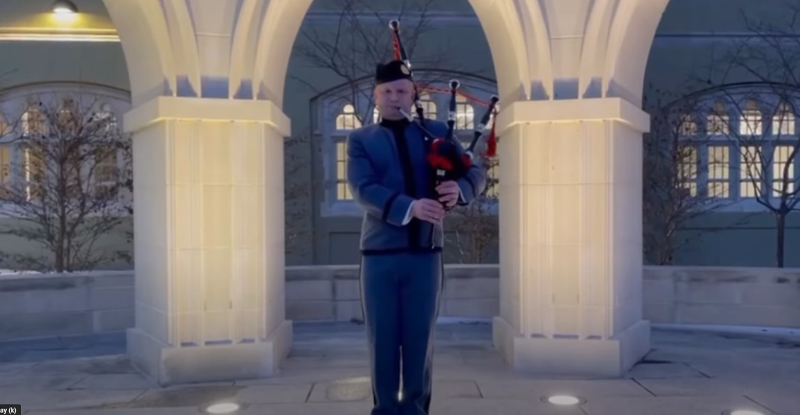
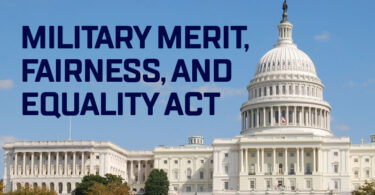

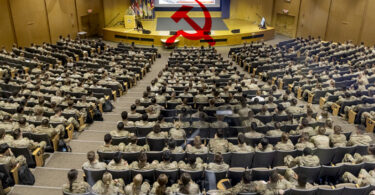
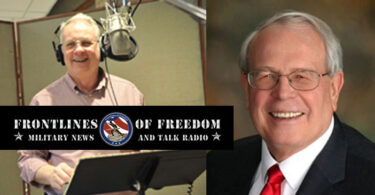
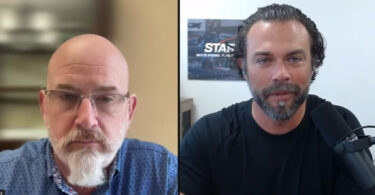

Leave a Comment